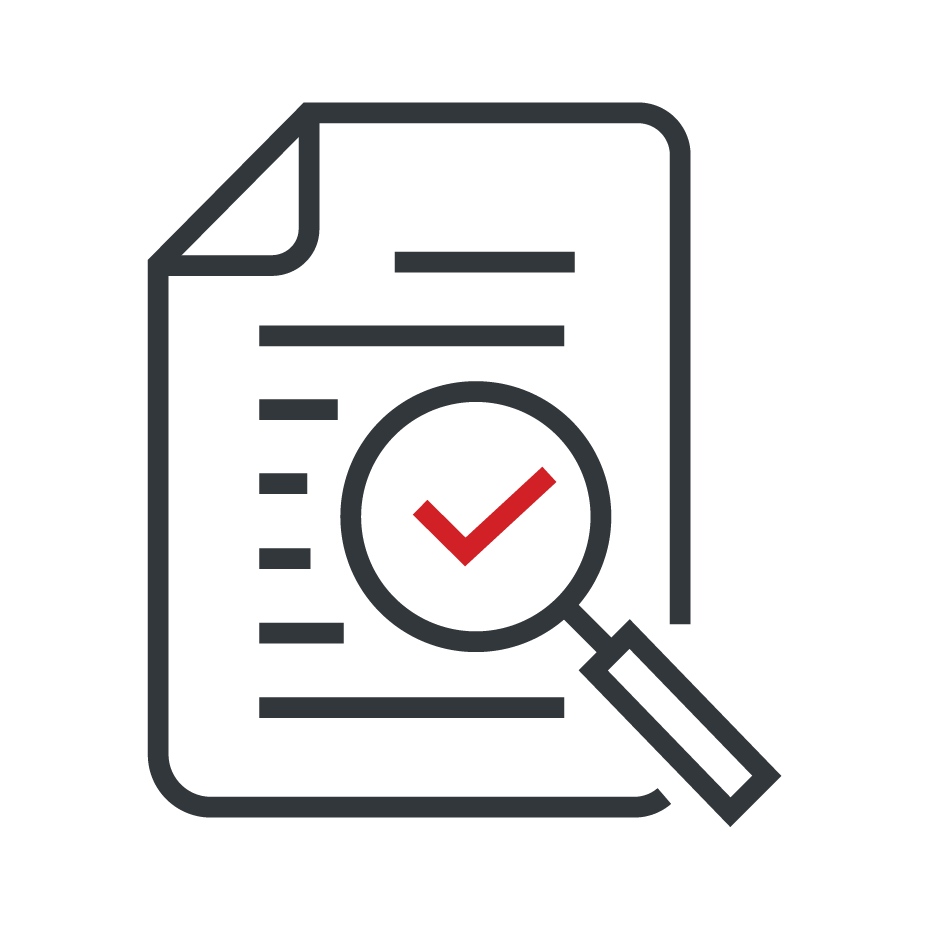About US
Promoting Evidence & Learning About Democratic Backsliding
The Democratic Erosion Consortium (DEC) is a nonpartisan, collaborative effort to address the global challenge of democratic erosion through research, teaching, and multi-stakeholder collaboration. Our focus areas include pedagogy, data collection, research synthesis, and public outreach, with the goal of leveraging evidence to better respond to democratic backsliding worldwide.

Teaching & Learning
Learn about our teaching and pedagogy work, including our Democratic Erosion Course, and a new online short course for practitioners and policymakers (coming soon!).

Documenting Democratic Erosion Through Data
Explore and use our Democratic Erosion Event Dataset (DEED), access our online visualizations, or download the full dataset.

Making Evidence Accessible With Briefs
Download our Democratic Erosion Evidence Briefs (DEE-Briefs), which aim to increase the accessibility, usefulness, and responsiveness of existing evidence for policymakers, practitioners, the media, and the broader public.

Fostering Communication, Learning & Partnerships
Join our multi-stakeholder network, attend virtual events, and sign up for our listserv to stay connected with our network.
TEACHING
Teaching & Learning
The Democratic Erosion Consortium offers a semester-long standardized university course on democratic erosion, making the syllabus, readings, and collaborative assignments accessible to any faculty member around the world. We will soon be launching an online Democratic Erosion Short Course aimed at policymakers and practitioners.
DATASET
Understanding Trends in Democratic Erosion
The Democratic Erosion Event Dataset (DEED) tracks discrete events related to democratic erosion and autocratic consolidation across countries and over time, providing valuable insights into the process of democratic erosion around the world.
Briefs
Democratic Erosion Evidence Briefs (DEE-Briefs)
DEE-Briefs increase the accessibility, usefulness, and responsiveness of existing evidence for policymakers, practitioners, and the broader public.
PARTNERSHIPS
Engage with the Democratic Erosion Consortium
We foster partnerships between academics, policymakers, and practitioners through both in-person and online events, providing opportunities to network and engage.
PARTNERSHIPS
Engage with the Democratic Erosion Consortium
We foster partnerships between academics, policymakers, and practitioners, through in-person and online events and opportunities to network and engage.
TEACHING
Teaching & Learning
The Democratic Erosion Consortium offers a semester-long standardized university course on democratic erosion, making the syllabus, readings and collaborative assignments accessible to any faculty member around the world. We will soon be launching an online Democratic Erosion Short Course aimed at policymakers and practitioners.
DATASET
Understanding Trends in Democratic Erosion
The Democratic Erosion Event Dataset (DEED) tracks discrete events related to democratic erosion and autocratic consolidation across countries and over time, providing valuable insights into the process of democratic erosion around the world.
Briefs
Democratic Erosion Evidence Briefs (DEE-Briefs)
DEE-Briefs aim to increase the accessibility, usefulness, and responsiveness of existing evidence for policymakers, practitioners, the media, and the broader public.
Student Blog
Democratic Erosion Course Student Blog
Read our students’ insightful analysis of current events and democratic backsliding.
Fighting Fake News: Lessons from the World’s Top Target
2018 was a year of awakening in Taiwan. Two high-profile events threw the consequences of fake news into relief. First, Su Chii-cherng, the envoy to Osaka for the Taipei Economic and Cultural...
Can Democracies Wait Another 2,500 Years to Meet Today’s Needs?
In 500 BC, during Athens' golden age of democracy, the voting age was set at 18. Over 2,500 years later, this threshold remains the same in the vast majority (90%) of countries. However, as...
Présidence Impériale: Executive Aggrandizement in Macron’s France
Romantic evening strolls by the Seine, fragrant cafes and boulangeries, political crises and popular unrest—what is more quintessentially French than these classic Parisian experiences? France, one...
In the U.S. and Western Europe, similar immigration backlash is a symptom of two different problems.
As the United States and Western European countries confront historic surges in migration, the backlash-fueled success of far-right parties has increasingly been characterized as a global...
Time to Say Au Revoir to Laïcité
For the past three decades, one article of clothing has captivated the attention of the fashion capital of the world: headscarves. From Marine Le Pen to Emmanuel Macron, no French politician has...
The Digital Divide: Social Media’s Role in Polarization and Democratic Backsliding
It was a week after Donald Trump won the US 2024 Presidential Election. My little sister texted me frantically: “Mom keeps accusing Dad of voting for Trump. She can’t get off TikTok… She’s...






